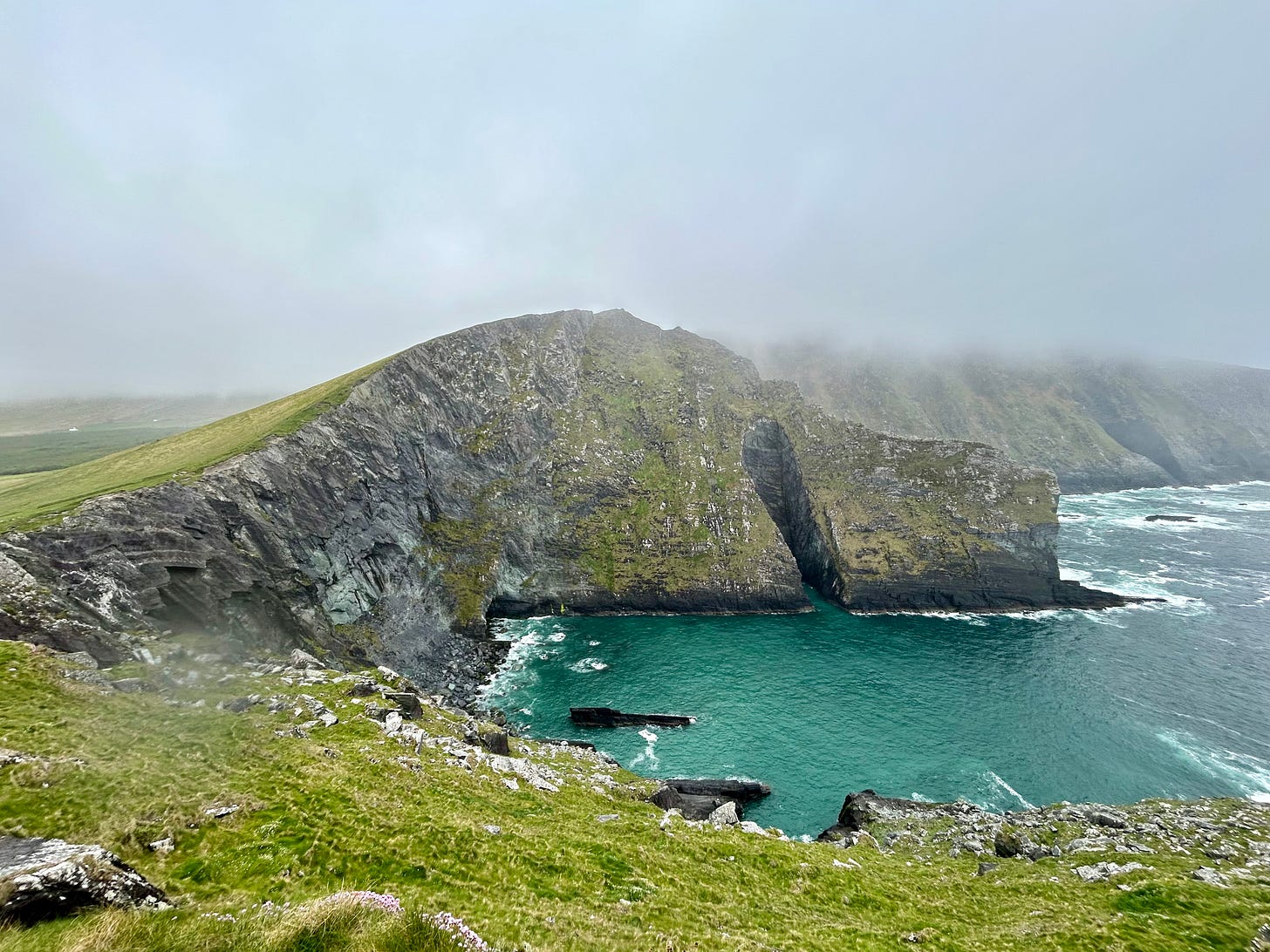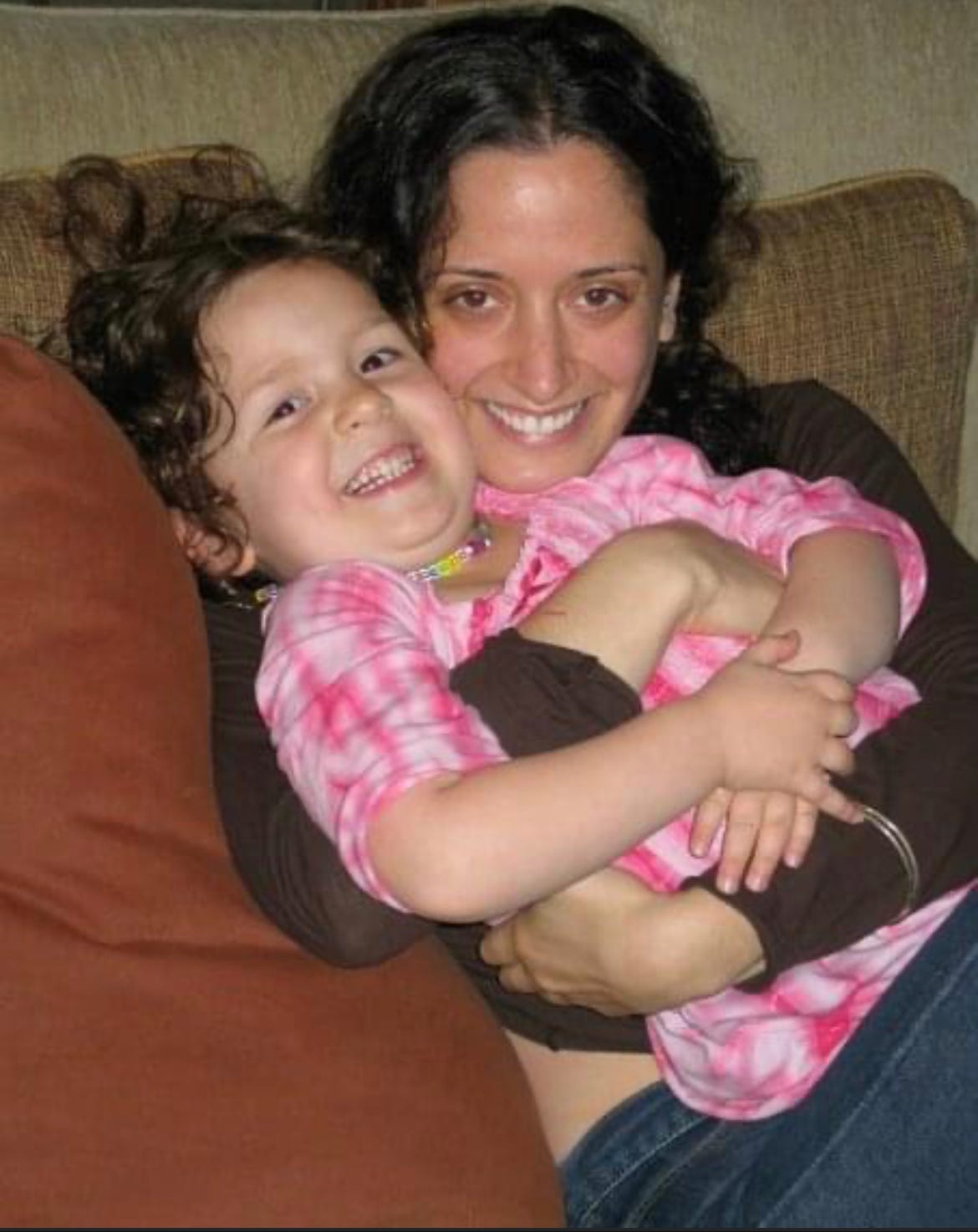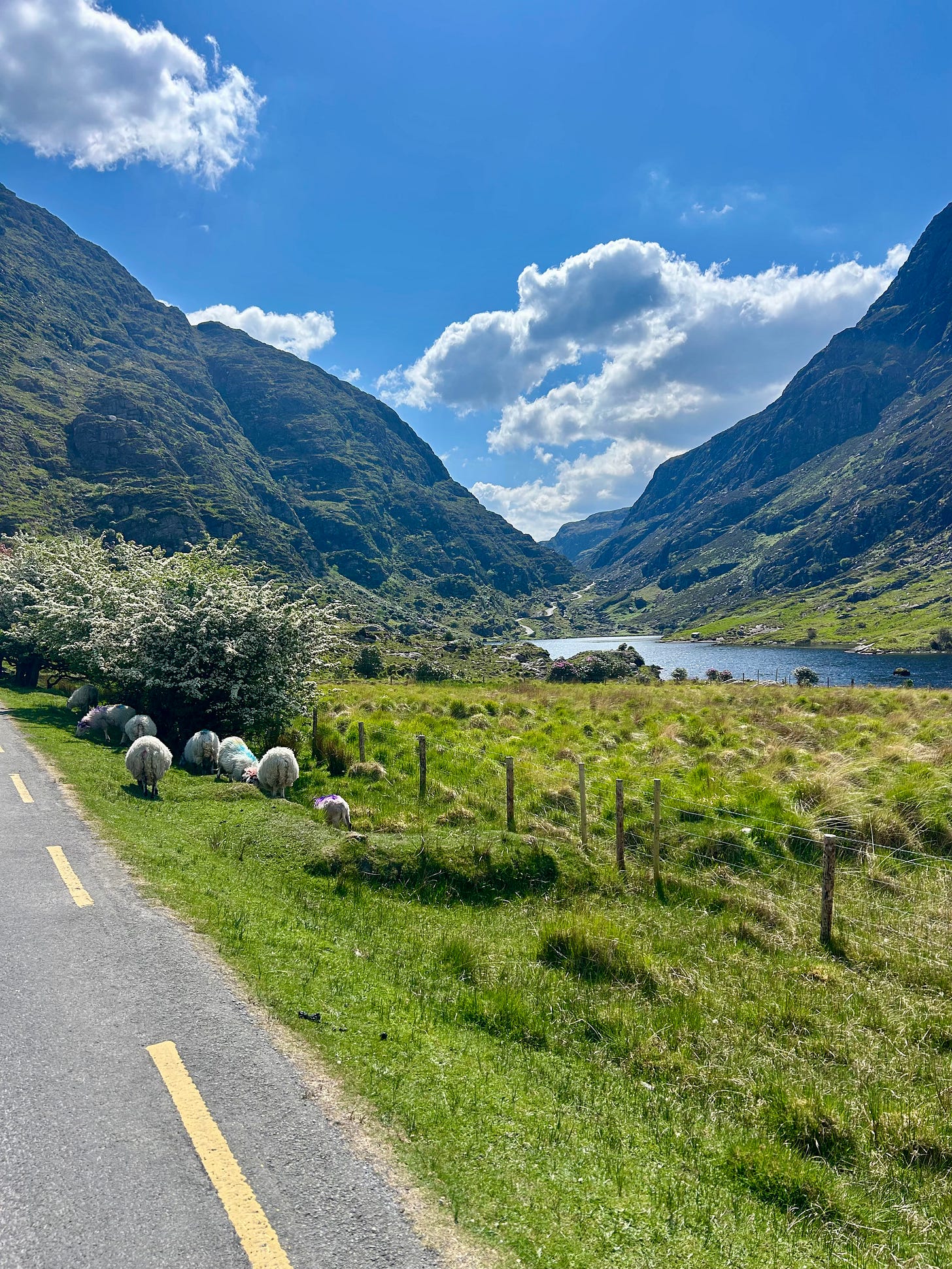This is a story of estrangement.
I have no relationship with my surroundings. I barely understand what a landmark is. To me, “hopelessly lost” is redundant. The hippocampus allegedly fires “place cells” to ground us in new environments. My hippocampus shoots blanks. I have so many memories of getting “hopelessly lost,” the moment I feel disoriented, my body tenses and my pulse throbs.
I can’t recall places in detail. When I think back on a place, I remember the song I was listening to, the people I loved, and whether or not I was depressed. My final years in New York, for instance, are tied to an early ‘80s video of Stevie Nicks wearing ribbons in her hair, singing Wild Heart while someone applies her makeup. I couldn’t stop watching that video. It still gives me chills. I dislike most music, or at least, I dislike the majority of unavoidable pop music, but when a song punctures my skin and enters my bloodstream, I play it over and over for weeks or months until I puke. I’m not a writer who listens to music while writing. I’m not a driver who switches on a playlist in the car. Music must be an occasional treat, or else I engage it (and by “it,” I mean a single song, or at best a rotation of two to three songs) in a state of mania.
Music keeps me in my head. Travel forces me into the world. In Ireland, where I just spent two weeks leading a writing workshop, it’s impossible to ignore the world. The world is a fairy-tale illustration—dramatic, dripping, deeply green. It is the polar opposite of where I live, the Dallas suburbs, where the extent of my exposure to nature is a dirty man-made pond by my building where sometimes there’s a goose.
To me, natural beauty is not natural. I’m as awe-struck by it as the next person, but shouldn’t I be accomplishing something besides looking at a mountain? I feel that there is work to be done. I glance around, wondering who will grant the rest of us permission, who will be the first to break eye contact with nature.
I’m less restless in cities. At a time, I thought I would live in New York—the world’s most beautiful city if you know how to look at it—until death did we part. I was passionate about living in New York, even though the last year I spent there, whenever the tenant above me took a shit, I could smell it through the vents. In New York, you must accept these things. Volatile strangers. Screaming strangers. Strangers’ dumps. That’s life. The people who hate New York can’t embrace its quirks. If you won’t accept the whole of New York, it’s tough to accept it at all.
I fell hard for New York, but it took me five years to see it—not the subway dancers or the hipsters on St. Mark’s or the black sea of suits in Midtown or the human statues painted silver; I saw all that—but the streets and trains and neighborhoods. Once the city came into focus, I could kind of navigate it. New York is a grid, so for most inhabitants, navigation is easy. For me, navigation is never easy.
On the Sense-of-Direction scale, I land on the lowest possible score, a one. It’s a self-report, on which men are known to overestimate themselves, women to underestimate themselves. Not I. It’s impossible to underestimate my sense of direction. My nieces and nephews are forever amazed that without Google Maps, I can’t get myself to their house, where they’ve lived for years, where I spend quite a bit of time, and which sits not even 10 miles from my apartment. My oldest niece once told me that she thought I was kidding about my sense of direction, as if I’d committed to a lifelong shtick.
I tell my nieces and nephews about the old days, when we kept hefty map books inside the “Map Pocket” on the passenger-side door. I tell them how we’d pull over and study the thing, fingertip tracing mysterious lines, and then, with hope in our hearts, drive in some direction. Often, in my case, that direction was the wrong direction, which would dawn on me in a gradual and unsettling way. I tell them about the miraculous advent of MapQuest—how we’d print out the step-by-step directions (we had giant, chugging printers, I explain, as though I’m the last person alive who remembers the Civil War), in color, ink cartridges drying to husks.
Last week in Killarney, in southwestern Ireland, we rode “jaunting cars,” horse-drawn wooden carriages, through the Gap of Dunloe. I loved the Gap of Dunloe. I loved the bushy, white sheep and the waterfalls. I loved the giant sky. I love any place that’s named for what’s missing. The people driving our jaunting cars were old men whose fathers had driven jaunting cars, whose own fathers had driven jaunting cars, and so on. I trusted those men. I trust people who look relaxed in the driver’s seat (I sit erect, wide-eyed, clutching the wheel at 10:00 and 2:00, as if otherwise my car might burst into flames), people who go somewhere once and can find their way back, people who point and assert, “That’s east.”
Those men and their horses tow tourists down a single road, day after day, like Siddhartha at the end of the novel, rowing the boat from shore to shore.
The sun was shining. I’d never seen so much sun in Ireland. I asked our driver, “What do you do when it rains?”
“What do you mean?” he said. “We get wet.”
I could never drive a jaunting car or any other car for a living. I would get lost. I would get lost rowing a boat from shore to shore. I get lost in my own neighborhood. I get lost in people’s houses. If I’m in a mall and step into a shop, even for 10 seconds, I won’t remember which way I was walking. Once in a hotel room in the middle of the night, I got lost going to the bathroom and fell down a flight of stairs.
Three things that fill me with anxiety: engaging in navigation in the presence of others, watching someone draw me a map, and receiving verbal directions. You’re unintelligible. You’re Charlie Brown’s teacher. You’re wasting your time. I’ll try to cut you off—“No worries, I’ll use the map on my phone”—but for some reason, you’ll keep going. You’ll say, “Just make a right up there” (up where?), and execute an inscrutable hand gesture.
We think of the “sixth sense” as intuition, but from a scientific perspective, the sixth sense is “proprioception,” awareness of where our limbs are in space. Navigational ability must be a mix of the two—knowing where we are both physically and in the gut.
From the jaunting car, I wondered what a man who drives a jaunting car through Killarney because his father drove a jaunting car through Killarney might have to say about family businesses, about systems that privilege expectations over desires. But when he told me that he’s lived his whole life in the most beautiful place in the world, I wanted what he had—complete fusion with his surroundings. Complete awareness of where he belonged. Of where everyone he’s ever loved belonged.
He told me that his kids had moved away to different counties, for indoor jobs. In between sentences, he addressed the horse: Let’s go, Charlie. That’s good, Charlie.
When I asked what would happen to his jaunting car business, he looked so sad, I regretted it.
Love,
Diana
P.S. Writing prompts have returned! A year ago, I stopped including them in posts, but now I’ve compiled them and will add to the list each month.








I love this. I also have no sense of direction but fortunately can memorize. I still remember first moving to Anchorage and being so confused that the mountains were in the east. My east-coast brain automatically put them to the west of me, and I'd repeat over and over to myself, "The mountains are in the east!" An adaptation for me--I don't panic when I get lost (unless I'm in a big city with traffic). I get interested in where I am that I didn't intend to go and in finding new routes until I happen upon something I recognize again and re-route myself and re-orient my brain to memorize a new set of streets. And, you might expect me to be late.
I really liked this, Diana. I am also thinking of the fantastic contrast between Texas and Ireland, and can supply another contrast if you like.
On the sense-of-direction scale, I would be at the opposite extreme (and, bizarrely, I once talked to a professor about this in Santa Barbara, who was not actually from there (and this only makes sense if you have followed the link, people)). Everyone in my family has a near-perfect sense of direction, such that if you arrived at a family dinner and asked which way was north, we would all stick out our arms like a bunch of Solid Gold dancers.
It would be so much fun to go on a road trip with you and compare our experiences of direction and place! I'll put that up on a high shelf in the room of things to wish for. But hey, if you have time once you're done in Ireland and want to swing by Portugal, I'm ready to go.